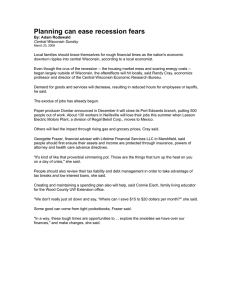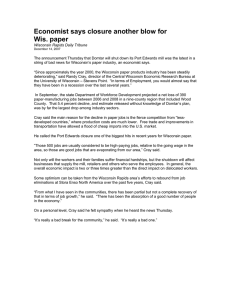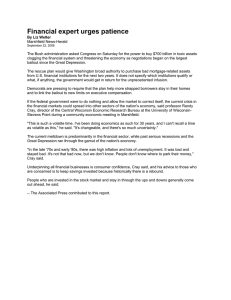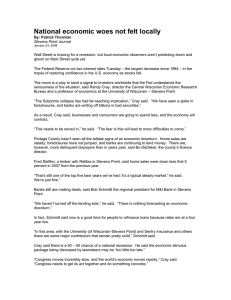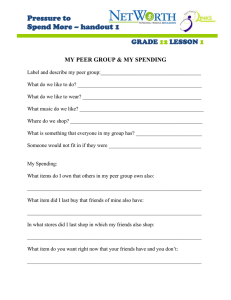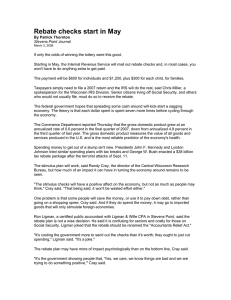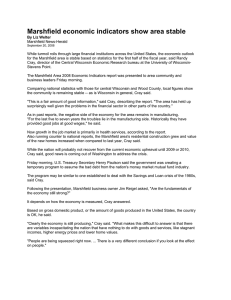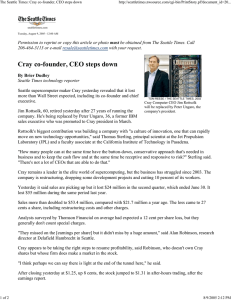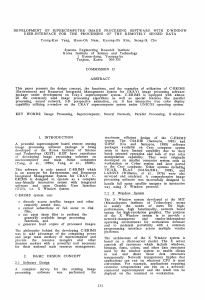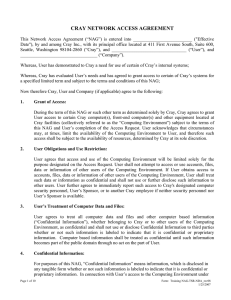Base Christmas choices on your cash situation
advertisement
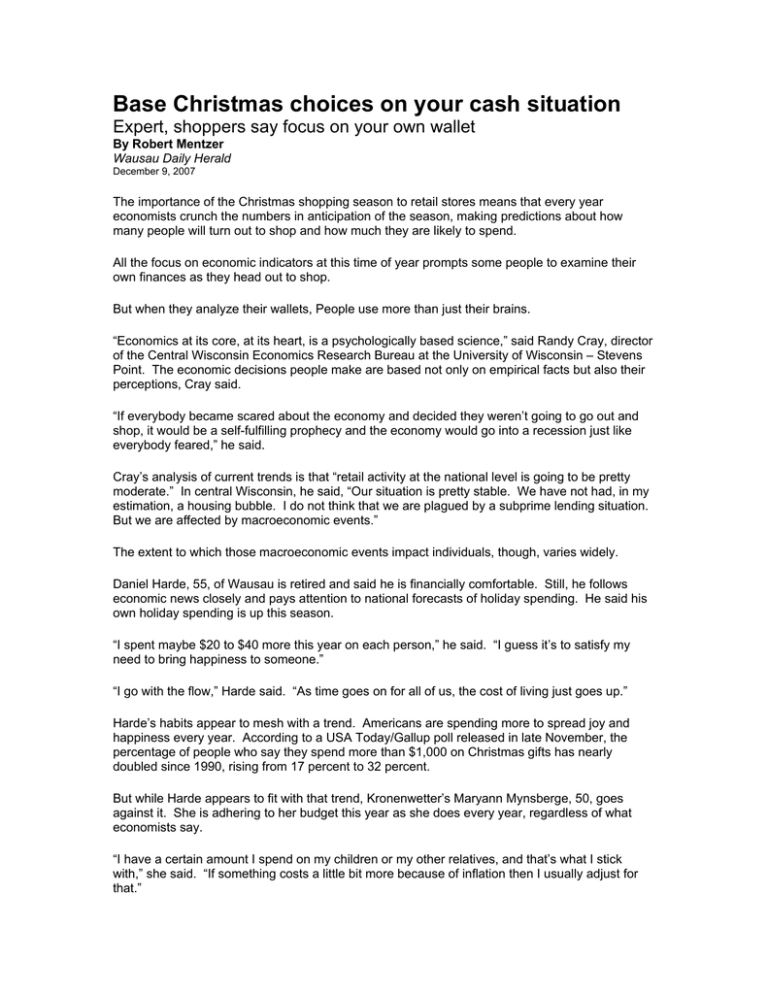
Base Christmas choices on your cash situation Expert, shoppers say focus on your own wallet By Robert Mentzer Wausau Daily Herald December 9, 2007 The importance of the Christmas shopping season to retail stores means that every year economists crunch the numbers in anticipation of the season, making predictions about how many people will turn out to shop and how much they are likely to spend. All the focus on economic indicators at this time of year prompts some people to examine their own finances as they head out to shop. But when they analyze their wallets, People use more than just their brains. “Economics at its core, at its heart, is a psychologically based science,” said Randy Cray, director of the Central Wisconsin Economics Research Bureau at the University of Wisconsin – Stevens Point. The economic decisions people make are based not only on empirical facts but also their perceptions, Cray said. “If everybody became scared about the economy and decided they weren’t going to go out and shop, it would be a self-fulfilling prophecy and the economy would go into a recession just like everybody feared,” he said. Cray’s analysis of current trends is that “retail activity at the national level is going to be pretty moderate.” In central Wisconsin, he said, “Our situation is pretty stable. We have not had, in my estimation, a housing bubble. I do not think that we are plagued by a subprime lending situation. But we are affected by macroeconomic events.” The extent to which those macroeconomic events impact individuals, though, varies widely. Daniel Harde, 55, of Wausau is retired and said he is financially comfortable. Still, he follows economic news closely and pays attention to national forecasts of holiday spending. He said his own holiday spending is up this season. “I spent maybe $20 to $40 more this year on each person,” he said. “I guess it’s to satisfy my need to bring happiness to someone.” “I go with the flow,” Harde said. “As time goes on for all of us, the cost of living just goes up.” Harde’s habits appear to mesh with a trend. Americans are spending more to spread joy and happiness every year. According to a USA Today/Gallup poll released in late November, the percentage of people who say they spend more than $1,000 on Christmas gifts has nearly doubled since 1990, rising from 17 percent to 32 percent. But while Harde appears to fit with that trend, Kronenwetter’s Maryann Mynsberge, 50, goes against it. She is adhering to her budget this year as she does every year, regardless of what economists say. “I have a certain amount I spend on my children or my other relatives, and that’s what I stick with,” she said. “If something costs a little bit more because of inflation then I usually adjust for that.” Then there’s Wausau’s Pahua Moua, 19. Her spending habits aren’t dictated by macroeconomics. They’re a factor of her own life situation. “As you get older you start spending more,” she said. “The gifts become more expensive.” As a student, Moua said she will have to juggle her finances to be able to buy the gifts she needs to buy. “It is going to be a stretch this year,” she said. “I don’t have a credit card and I’m really afraid to get one. But I can balance out my money pretty much.” For Cray, while it is important for individuals to be aware of the larger economic trends, the focus still should remain on their own check books. “People need to have a good sense of how their personal economies are doing, and maybe not get so swept up in the larger issues,” Cray said.
